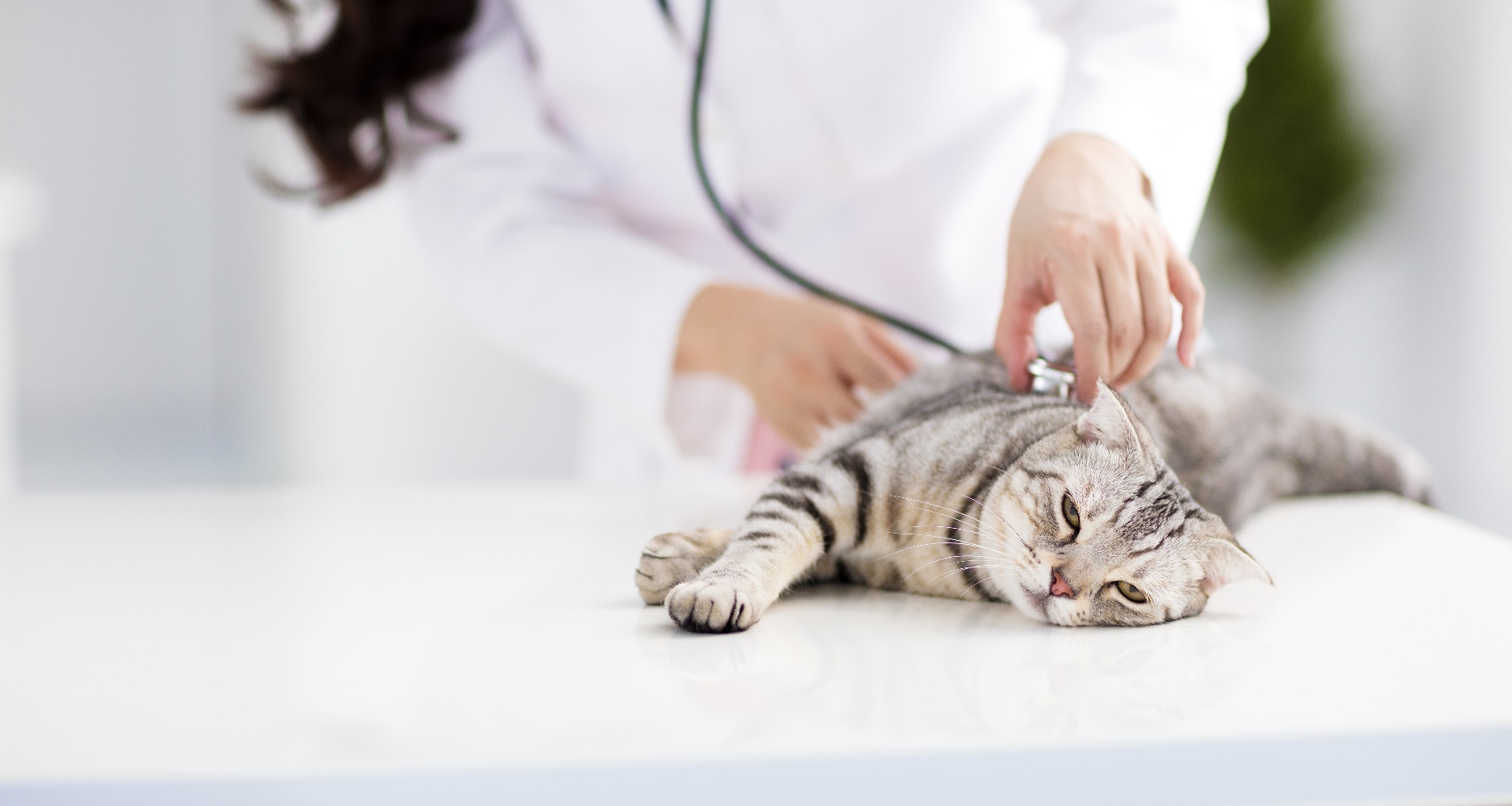HEALTH & WELLNESS

TRENDING

SIGN UP and Start Receiving
Our Monthly Newsletter,
The Chronicles
The Consequences Of Untreated Kidney Disease In Cats

Early Intervention Can Reduce Progression of Feline Chronic Kidney Disease (CKD)
THE KIDNEY IS A REMARKABLE ORGAN
The kidney is responsible for these vital functions:
- Filtering waste products and extra water from the blood so that they can be excreted in the urine. This process eliminates toxins from the body and maintains a proper level of hydration.
- Producing and concentrating urine, which is made up of waste, toxins, and extra fluid that the body doesn’t need.
- Producing erythropoietin, a hormone that stimulates the bone marrow to create new red blood cells. Red blood cells carry oxygen throughout the body.
- Regulating electrolytes (such as sodium, potassium, phosphorous, and calcium) in the body.
- Producing renin, an enzyme that controls the body’s blood pressure.
OVERVIEW OF CHRONIC KIDNEY DISEASE (CKD)
Chronic kidney disease (CKD) refers to the gradual loss of kidney function and a worsening of the disease over time. The kidneys’ vital regulatory processes are diminished, resulting in a wide range of different clinical signs and complications.
CKD is one of the most common conditions affecting older cats. CKD is irreversible and incurable requiring lifelong treatment and management.
EARLY TREATMENT CAN MAKE A MAJOR DIFFERENCE TO QUALITY OF LIFE
The most important thing cat owners can do to protect their cats from CKD is to take their cats to a veterinarian for an examination. Early detection of CKD is important because it has been shown that early intervention, before clinical signs become evident, can reduce the rate of progression of disease.
While it cannot be cured, CKD in cats can be managed. So, for the best outcome, it has to be diagnosed early. Early treatment:
- Reduces risks and complications associated with CKD
- Increases the life expectancy and quality of life of affected cats
CONSEQUENCES OF UNTREATED CKD
CKD unfolds in stages. In stage three, up to 85% of kidney function may have already been lost. This is when things start getting dangerous. The possible consequences of this can include:
- Vomiting, which can be extremely debilitating to cats
- Bladder infections: bacteria can alter urine pH, causing crystals to form, which can lead to deadly blockage in the urethra of males
Once stage four is reached, the irreversible damage is at its peak and over 85% of kidney function has been lost. CKD in this stage is fatal and affected cats may have less than a year left to live.
Apart from poor quality of life, possible consequences in stage four include:
- Painful mouth sores that can interfere with eating
- Diarrhea which can lead to dangerous dehydration
- Life-threatening anemia due to a lack of healthy red blood cells that carry oxygen to body
OTHER COMPLICATIONS OF IRREVERSIBLE CKD
Complications of CKD include:
- Heart failure
- Heart disease
- Bleeding into the stomach
- Compromised immune system
- Fluid retention and associated dangers
- Sudden blindness caused by high blood pressure
- Weakened bones that can result in bone fractures









